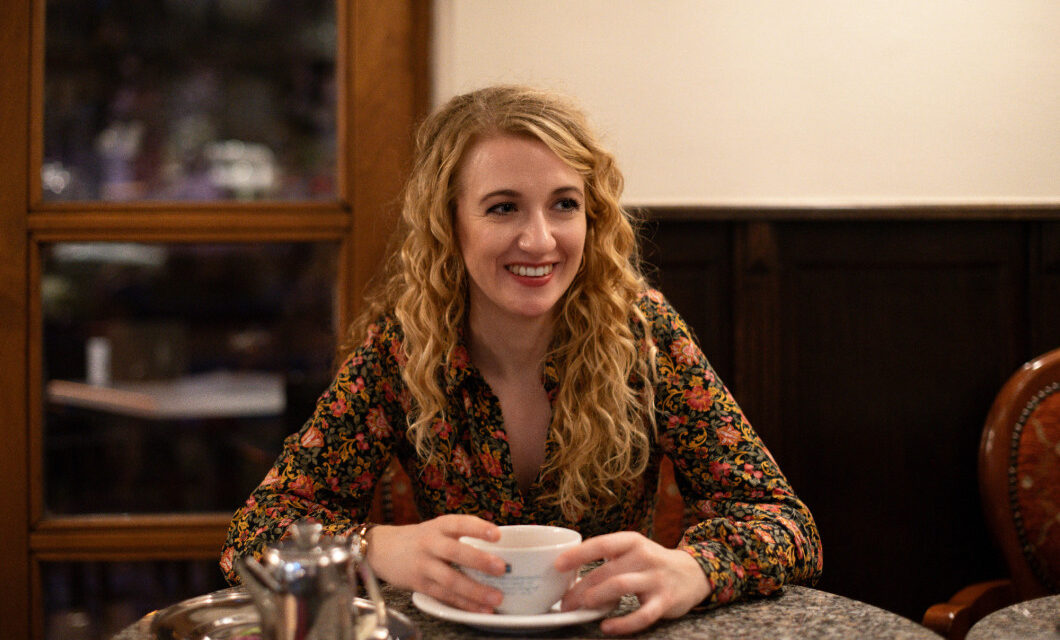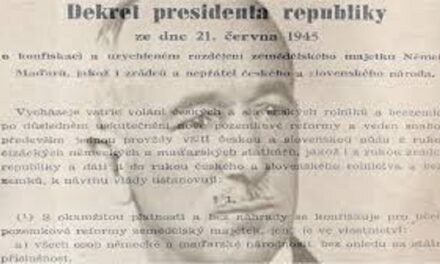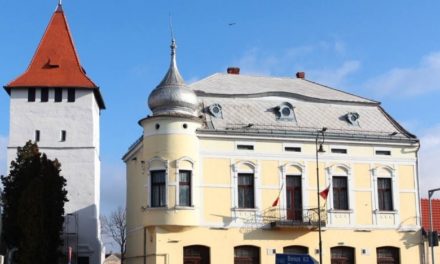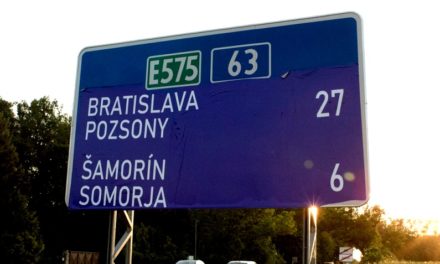Interview with folk artist Anna Sőregi.
A love storybook or love told like a fairy tale: both are true on the Széki versek . Listening to the material selected with exceptional sensitivity, we have the feeling that the atmosphere, tinged with a mixture of joy and pain, does not evoke the world of Szék's closed community, but gives voice to the hitherto unrevealed truths of our own history. This girl sets the bar high. He will not settle for less: he shows his face in the mirror of timeless values, with an embarrassing honesty.
You are so young that your childhood is almost within reach, but you are not only an ethnographer, but also a mature folk singer. Where does this elemental connection to folklore and folk song and folk poetry come from?
I come from Zenta in the south, and from the age of six I spent my afternoons in a group playing folk games, and after we outgrew this genre, we became a folk dance group. I first encountered folk music here, in this group. I think I had a quite idyllic childhood: I had defining experiences that are very close to the spirit of traditional folk culture. Zenta is a small town, but it also bears the hallmarks of village life, so the proximity to nature, the Tisza and folk customs were all part of my life. I didn't experience farming and butchering pigs as a "city" girl, it was just as much a part of our lives as going to school. My circle of friends also formed from the folk dance group, later we danced together, and these are still my strongest ties to this day - even if many of us have already left home.
An early encounter with folklore and a background in folk dancing do not necessarily make someone an ethnographer and folk singer. What was the turning point for you?
When I was already in the folk dance group, we took part in a lot of summer camps, it was here that I got the defining impulses that led me to this path. Such a camp is an impressively dense and intense experience. After the first time, I lived from camp to camp: it became the main point of reference in the annual program. When I was sixteen, I was in the first crossroad and Kalotaszentkirály camps, I think something happened there that I couldn't articulate to myself at the time.
You were admitted to the ELTÉ, but from Zenta you could have gone to the much closer University of Szeged or the University of Pécs. Why did you choose Budapest?
Distance played an important role in this decision: I wanted to get as far away from my home environment as possible in order to find out if I could get by on my own. I lived my rebellious period. I didn't even enroll in ethnography, but in Hungarian, even though I was clearly steered towards ethnography at home. I soon realized that they were right, and although I completed the Hungarian course, I also took up ethnography as a minor, and in choosing the topic of my thesis, I already connected the two directions: I wrote my thesis under the title Metaphors of love in Gyimesi folk poetry
What was it like to start life anew in Budapest?
The strong, temperamental girl from Vojvodina was suddenly left alone and had to solve everything on her own. So
the system in which I lived at home, where I was someone in my own circle and knew who I was, collapsed at once.
I didn't know anyone or anything here, I really had to recreate everything. At the university, I found myself in a familiar environment, I formed such good company that I slowly started to feel safe: they took me to dance halls in Budapest, and we also went to camps in Transylvania together. Earlier, when I was in high school, I had already attended dance camps at Crossroads, Gyimes, and Kalotaszentkirály, but during my university years the feeling grew stronger in me that I not only wanted to research this material, but that I would also have something else to do with it. For example, it was a defining experience that we spent two weeks at the Székely National Museum in Sepsiszentgyörgy, and then went to Gyimes for another two weeks.
This is still about ethnographic research and folk dance. When did you start singing?
I did not grow up in a musical family, and although I played the cello at music school, I did not yet fall in love with the instrument and classical music. However, I was obsessed with dance halls: we went to every dance hall in Budapest with the circle of friends formed at the university: we were very careful to guarantee that we could go somewhere every night. So, of course, I had a huge repertoire, and I knew a lot of folk songs, not just dance. And of course I sang to myself, but I had no musical training, I had never learned to sing before. On my way to a dance hall meeting in Sepsiszentgyörgy, I met László Kelemen, the then general director of the House of Traditions, and we talked a lot during the long journey. I told him what I was doing, and he encouraged me to enroll in the folk song and folk music theory program at the Ferenc Liszt University of Music, which would help me prepare. After I finished the Hungarian basic course at ELTÉ, with a minor in ethnography, I skipped a year to prepare for admission to music.
The full interview can be read HERE!
Featured image: Barbara Krisztics / egy.hu












